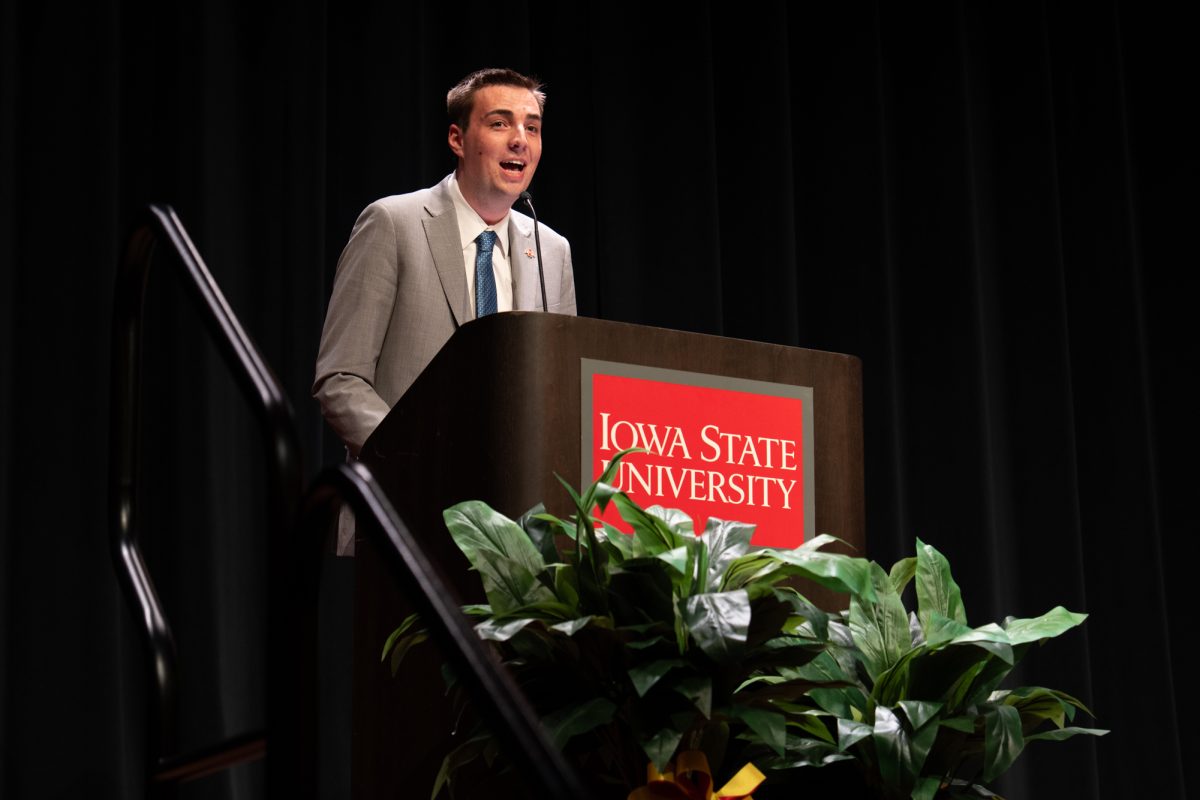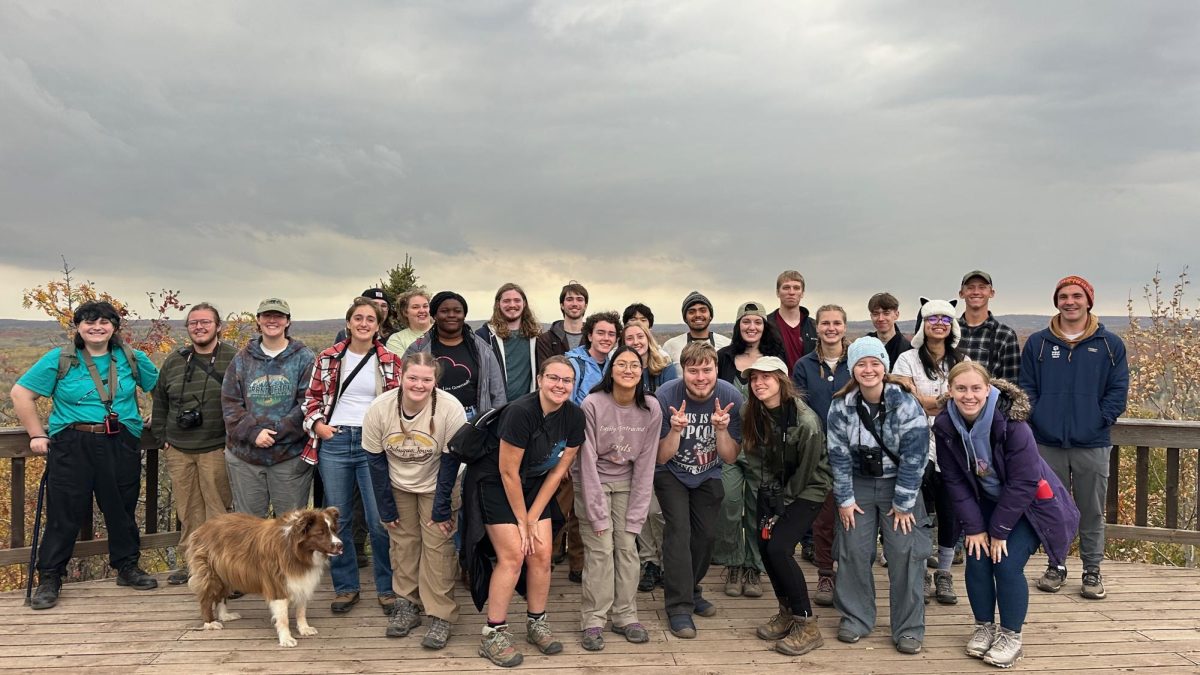Editorial: Syrain talks discouraging, but hope remains
February 3, 2014
Syrian peace talks will resume next week in Geneva with the hope that advancements can be made in negotiations with Bashar al-Assad’s regime. The United States, along with more than 40 other countries, sent delegates to discuss a potential resolution to the bloody civil war that has been ravaging Syria for years. Opposition leaders are also present at the talks, although rebel forces are fractured into several groups, not all of which recognize the legitimacy of the Geneva discussions.
With setbacks that include U.S. approval of non-military aid to rebel forces, the conspicuous absence of Syria’s largest regional ally, Iran, and a fundamental disagreement regarding the possibility of a new transitional government, there are more than a few causes for worry.
Despite these pitfalls, the Syrian talks can do good, assuming all sides return to the second round of negotiations. There is still the potential for much needed humanitarian aid from the U.N. and other sources to finally get to those that need it most in Syria.
If the regime and opposition leaders can agree to this small step, at least there will be some limited respite for those caught in the middle of the bloody and drawn out civil war. There is no real progress on this front yet, but the various sides are still moving forward with talks, and that can be seen as a victory in its own right.
With the United States playing a prominent role in the international response to last year’s chemical weapons attacks by the Syrian government, the stakes are extremely high for current negotiations. If nothing can be accomplished diplomatically, we might very well move forward with other means of hastening the resolution of Syria’s civil war. This could mean a heavy escalation of violence before the situation gets any better, a sobering thought considering there have already been well over 100,000 casualties in the conflict, according to the Syrian Observatory for Human Rights.





